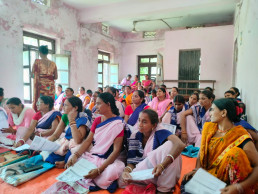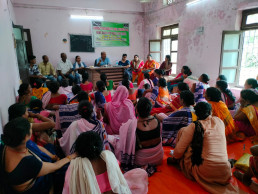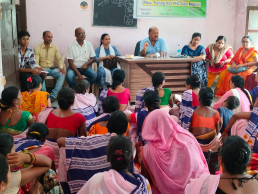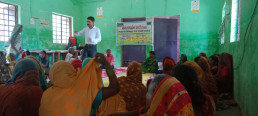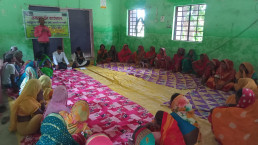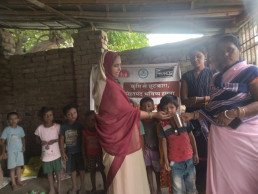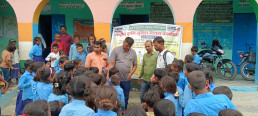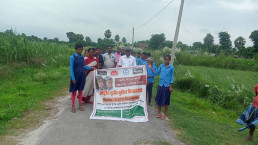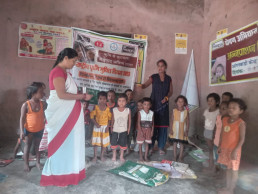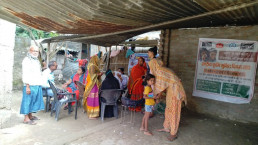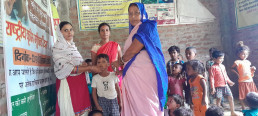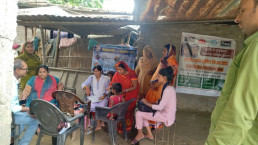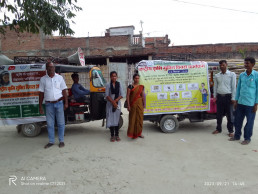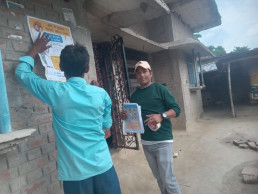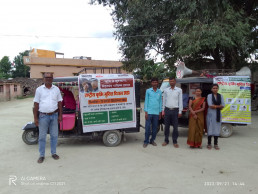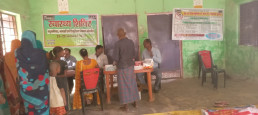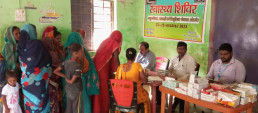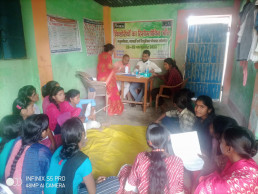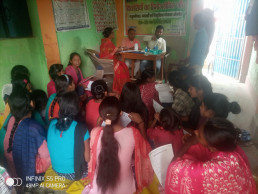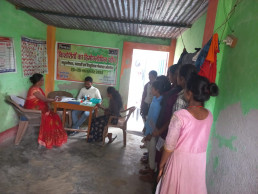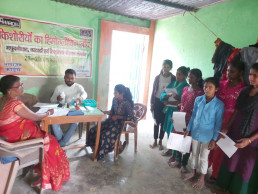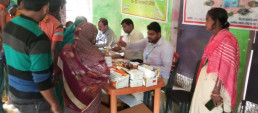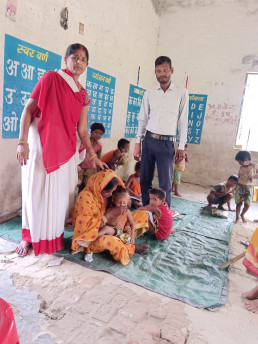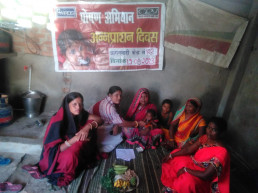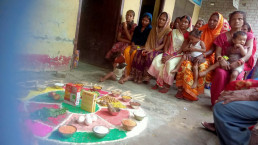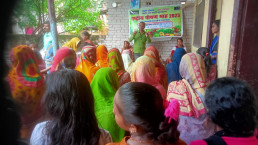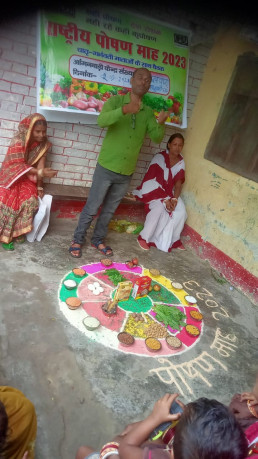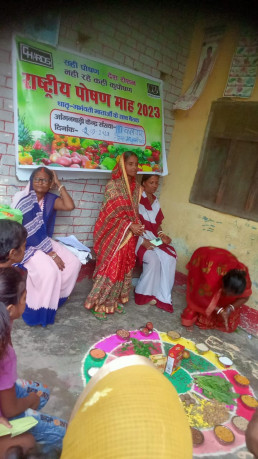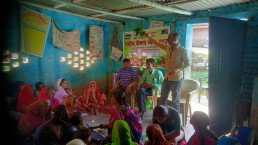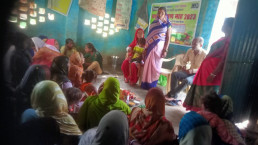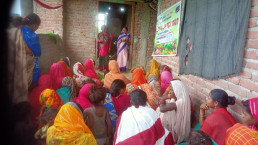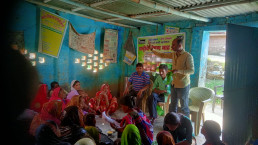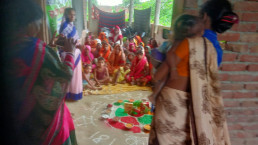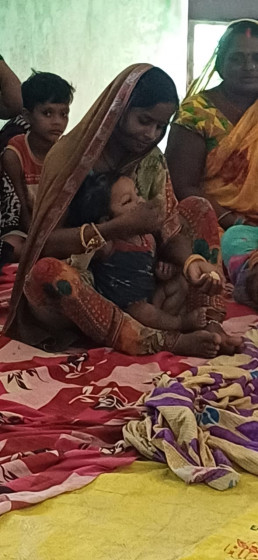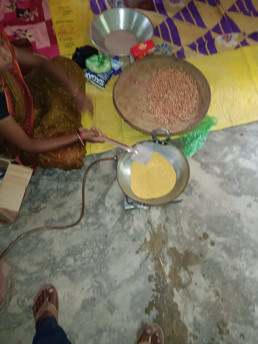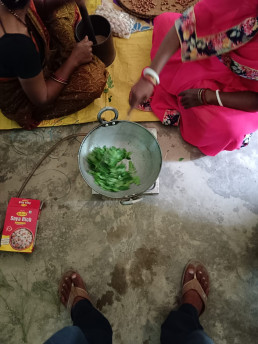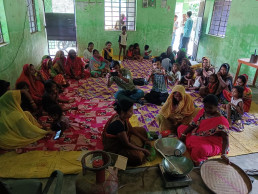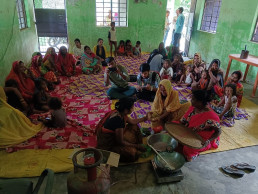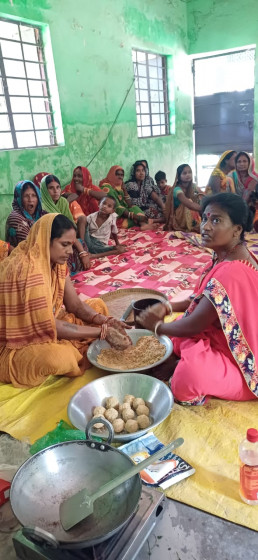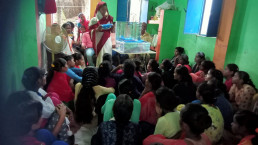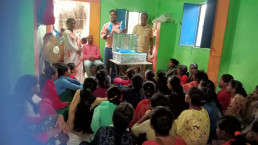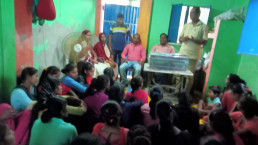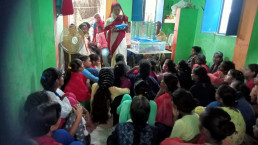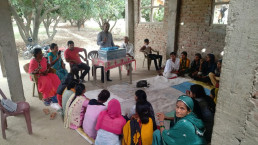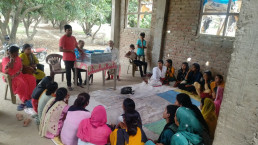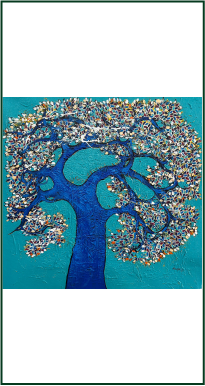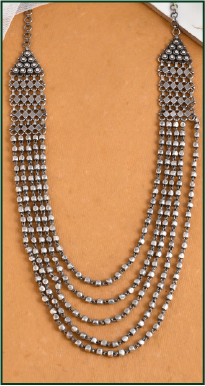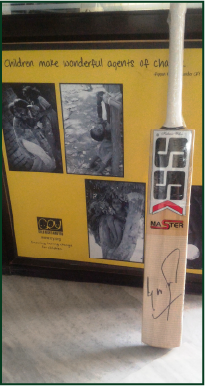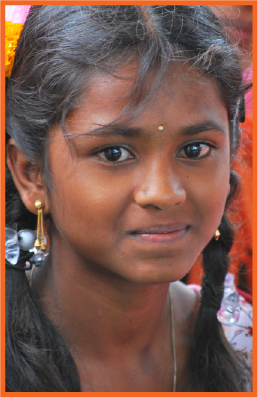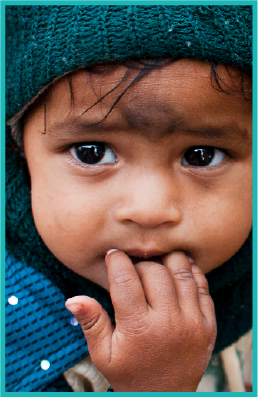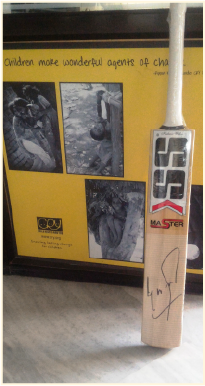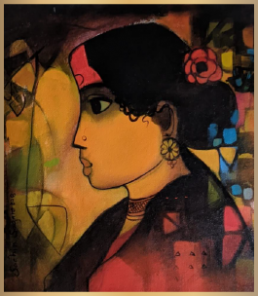Transforming Health and Hygiene in Pipariya Tola
Pipariya Tola, a small hamlet in Bardah village, East Champaran, Bihar, faces severe health and sanitation challenges. Situated in a flood-prone area, the village struggles with inadequate access to sanitary products. The nearest market, 2 kilometers away, makes obtaining these essentials a burdensome task, increasing health risks for adolescent girls and women. Economic hardship, compounded by the migration of male family members for labor, leaves many families unable to meet basic needs, including proper nutrition and hygiene.
Inspired by the success on a sanitary napkin bank in a neighbouring village and driven by their experiences and the need for better menstrual hygiene, the local women’s group in Pipariya Tola, expressed a strong desire for a similar solution in their own community.
This year, the project team organized a meeting with the women’s group to discuss establishing a local sanitary napkin bank, and selected a committed and vocal member from the group to manage the bank. Within a month, the initiative was set into motion.
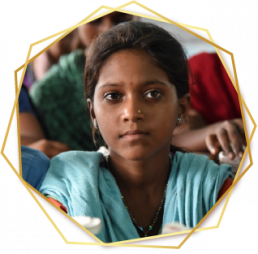
The inauguration of the Sanitary Napkin Bank coincided with a Menstrual Hygiene campaign, creating a vibrant and educational event. The women and adolescents not only received access to sanitary pads but also participated in informative discussions and watched educational content on menstrual hygiene.
This collaborative effort has significantly improved the health and hygiene in Pipariya Tola. The sanitary napkin bank has empowered women and adolescents to take control of their well-being, challenging longstanding taboos and fostering community-driven change.
In the Champaran district the existing health care facility is in dilapidated condition. The main barrier of accessibility is distance from the village, lack of medicines and non-availability of doctors. Due to inaccessibility of health services, the burden of home delivery is still prevalent. Maternal health and nutrition, as well as adolescent nutrition have important consequences for intergenerational transmission of malnutrition.
CRY America Project CHARDS has been working towards improved access to quality primary health care in 20 villages. The key activities of the project are sensitizing the community on various mother and child health issues, exploring alternatives for ensuring education of the children, and capacity building of adolescent and adolescent resource centers.
117
institutional deliveries ensured
117
women were linked to maternity benefit programs
891
mothers have started exclusive breastfeeding

20
kitchen gardens were established to address community-based malnutrition
300
adolescent girls from collectives sensitized about menstrual and personal hygiene as well as sanitary napkin banks

260
children were immunized

● Sensitizing communities on institutional delivery through 120 sessions
● Sensitizing 1114 lactating mothers on nutrition and supplementary feeding on a monthly basis.
● Awareness campaigns on WASH (Water, Sanitation, and Hygiene) program and menstrual health with 4 schools
● Conducting 3 model Village Health Sanitation and Nutrition Day, celebrating Breast Feeding Week and Nutrition Month in 20 Anganwadi centers and also with 14 adolescent girls collectives.
● Awareness and sensitizing parents of 13 Severely Underweight Children (SUW) to go to the Nutritional Resource Centre (NRC).
● Follow-up anemia screening of 144 adolescent girls and peer support to eradicate anemia.
● Capacity building of 20 families on preparing organic manure for kitchen garden
● Life skill sessions for 350 adolescent girls from collectives.
2023 Grant Disbursed – $21,549
2024 Annual Grant Approved: $28,880








